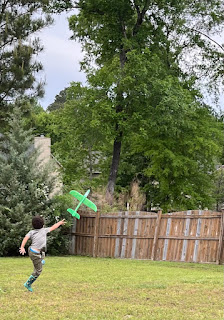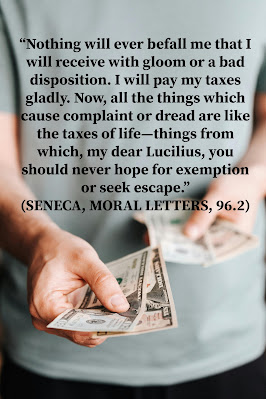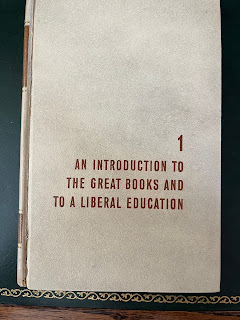The last five months, I’ve utilized this first volume reading guide published in 1951, navigating through all or portions of selected readings from: Plato’s “Apology,” Crito,” and “The Republic”; Sophocle’s “Oedipus The King” and “Antigone”; Aristotle’s “Nichomachean Ethics” and “Politics”; Plutarch’s Lives “Lycurgus,” “Numa Pompilius,” “Alexander,” and “Julius Caesar”; The Book of Job; Augustine’s “Confessions”; Montaigne’s “Essays”; Shakespeare’s “Hamlet”; Locke’s “Concerning Civil Government”; Swift’s “Gulliver’s Travels,” Gibbon’s “Decline and Fall of the Roman Empire,” America’s Founding Documents, namely, “The Declaration of Independence,” “The Constitution,” and “The Federalist Papers”; concluding with “The Communist Manifesto” by Marx and Engles. All this after my 10 chapters per day Bible reading. I did not read every single day, but I managed to complete the curriculum of Volume 1. Of all I’ve touched so far, Sophocles and Job capture the human situation best, and spoke to






